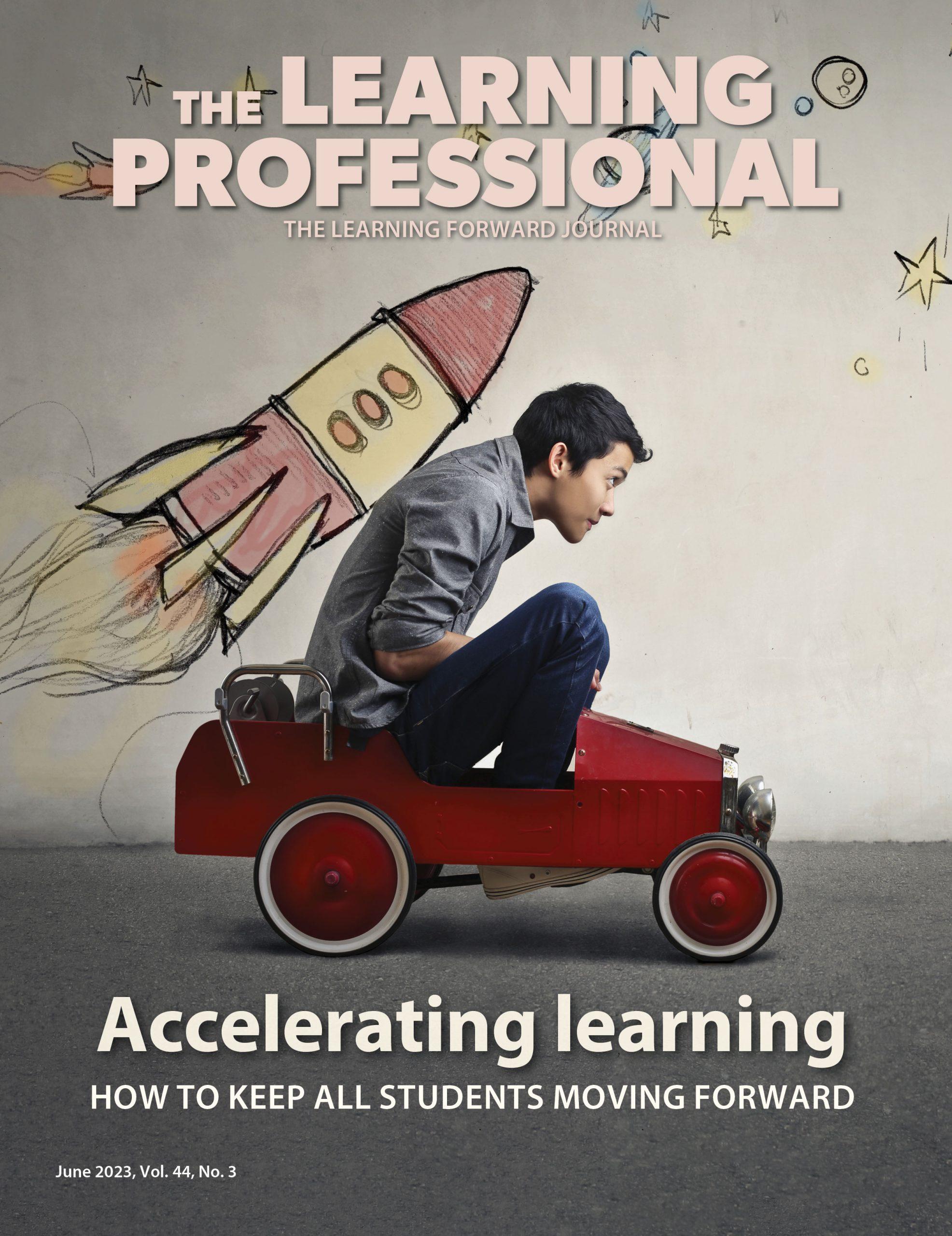Attributes Of An Effective Feedback Process
By Learning Forward
Categories: Educator evaluationOctober 2015
Read the remaining content with membership access. Join or log in below to continue.
Sed ut perspiciatis unde omnis iste natus error sit voluptatem accusantium doloremque laudantium, totam rem aperiam, eaque ipsa quae ab illo inventore veritatis et quasi architecto beatae vitae dicta sunt explicabo. Nemo enim ipsam voluptatem quia voluptas sit aspernatur aut odit aut fugit, sed quia consequuntur magni dolores eos qui ratione voluptatem sequi nesciunt. Neque porro quisquam est, qui dolorem ipsum quia dolor sit amet, consectetur, adipisci velit, sed quia non numquam eius modi tempora incidunt ut labore et dolore magnam aliquam quaerat voluptatem.
The Feedback Process: Transforming Feedback for Professional Learning
By: Joellen Killion

Joellen Killion draws on a deep research base to describe the concept of “learner-focused feedback.” By shifting the focus from feedback-as-product to feedback-as-process, Killion changes how coaches, teachers, staff developers, and administrators engage with professional learning to improve practice.
Multiple tools and templates, contextual examples, and end-of-chapter questions let learners reflect on new approaches to feedback.
$32 members; $40 nonmembers
Product code B591
Learning Forward, 2015
To order: www.learningforward.org/store or 800-727-7288.
Feedback Process Readiness

Post-Feedback Process Assessment

Learning Forward is the only professional association devoted exclusively to those who work in educator professional development. We help our members plan, implement, and measure high-quality professional learning so they can achieve success with their systems, schools, and students.
Categories: Educator evaluation
Recent Issues
TAKING THE NEXT STEP
December 2023
Professional learning can open up new roles and challenges and help...
REACHING ALL LEARNERS
October 2023
Both special education and general education teachers need support to help...
THE TIME DILEMMA
August 2023
Prioritizing professional learning time is an investment in educators and...
ACCELERATING LEARNING
June 2023
Acceleration aims to ensure all students overcome learning gaps to do...









